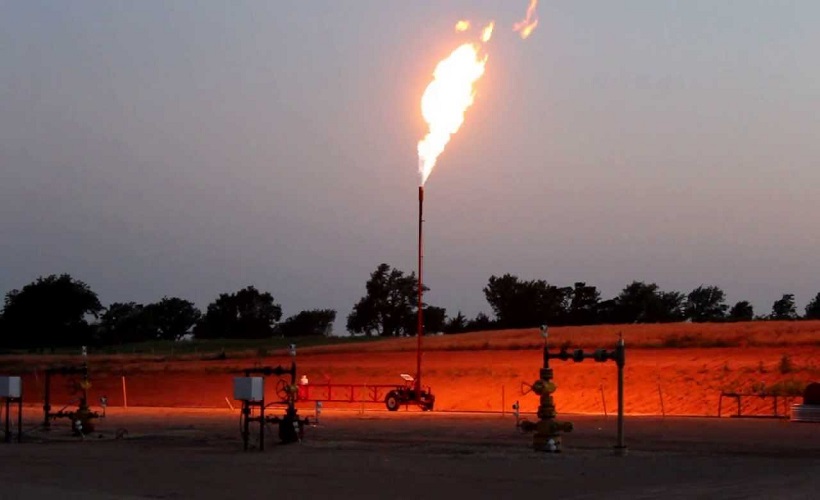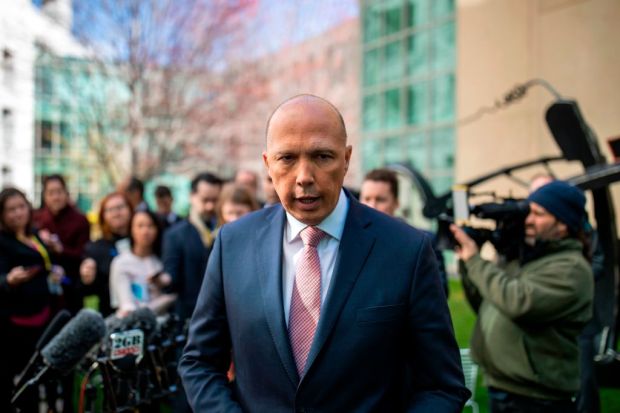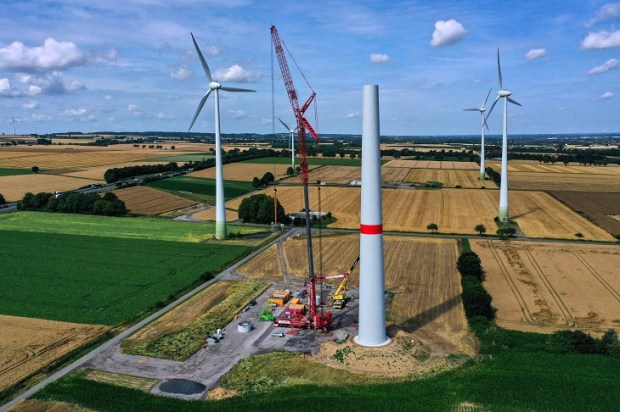Billionaire Andrew Forrest’s plan to ship gas to the east coast from Western Australia shows that the market trumps government finding solutions for energy problems, even after years of unions and manufacturers begging for federal meddling.
It’s established that there’s pressure on gas bills in the eastern states, with wholesale prices more than tripling in just two years (although they’ve eased), caused by demand from a growing export industry and red tape stopping new production.
The contrast with WA, unconnected to the eastern market, is jarring.
Prices in the west have fallen since a spike ten years ago, with the state enforcing a policy reserving about a sixth of production for domestic use.
The pain for businesses and consumers on the east coast has become a big headache for the federal government, leading to a threat of dramatic intervention last year- ensure a minimum supply locally or we’ll limit exports.
Producers buckled, agreeing to pump more into the local market.
Another thought bubble still under consideration was funding a pipeline from WA to the east coast.
Unions lobbied to clamp down even more tightly on exporters, who would be obligated to supply a percentage of forecast domestic demand and face tighter restrictions on their ability to hold onto fields for future development.
Enter Andrew Forrest.
His solution? Building a regasification terminal in New South Wales that would reportedly supply about a third of the state’s demand.
Gas would be sent from WA via tanker, and much more cheaply than building a pipeline.
What an innovative idea – prices have risen, so someone has found a new supply source!
Speaking of such matters, if gas is much more expensive in Australia than overseas (as media claims) for a prolonged period, LNG producers have an incentive to buy on international markets to supply their clients and just keep the gas they extract here to sell here.
So it’s time to drown out the chorus in favour of government intrusion.
The system that exists in WA is effectively a tax on gas producers to subsidise local industry.
Politically, it’s a winner.
It pushes prices down for households and provides the illusion of job creation in manufacturing while reducing revenue for gas producers.
No tears would be shed for Santos or Origin Energy on that front, except perhaps by their shareholders (your superannuation).
But it makes new gas projects less appealing, particularly those which are marginal.
Choosing between a small dose of extra gas on local markets or $20 billion spent on future projects, I suspect most Aussies would pick the latter.
Smaller projects are particularly impacted, one reason why hardly any wells were drilled in WA in 2017.
The second impact is less visible.
Reduced gas sales overseas mean reduced foreign exchange earnings, and ultimately more expensive imports.
For consumers, the small benefit of a moderate reduction in gas fees is potentially more than offset by elevated import costs.
The pricier imports will also mean major job losses in industries that use them as inputs, such as construction.
When it is one state implementing the policy, the cost is spread across other states.
When it is national policy, it impacts all.
Then there’s the sovereign risk question.
Gas exporting businesses have invested billions.
Who would want to do that in future if we change the rules of the game now?
If we don’t know quite how much damage will be done through intervention, let’s instead do what we can to make life easier for the Andrew Forrests of the world.
The same approach should be applied to power.
Governments keep changing their minds about policy, making companies reluctant to invest in new generation capacity – and we wonder why prices go up.
Take the closure of the Liddell coal-fired power plant.
You can be guaranteed businesses will want to come into the market to make up the gap, in the lowest cost way – whether that be a new coal plant or whatever – if they’re not worried that the government plans to step in and do it themselves.
We’ve had an embarrassing tendency on the right in recent years to lose faith in market forces, promising coal plants in North Queensland and wanting to buy power stations in Victoria.
Let’s stick with what works.
Matt Mckenzie is a Perth business journalist. The views expressed here are his own.
Got something to add? Join the discussion and comment below.
Got something to add? Join the discussion and comment below.
Get 10 issues for just $10
Subscribe to The Spectator Australia today for the next 10 magazine issues, plus full online access, for just $10.


























Comments
Don't miss out
Join the conversation with other Spectator Australia readers. Subscribe to leave a comment.
SUBSCRIBEAlready a subscriber? Log in